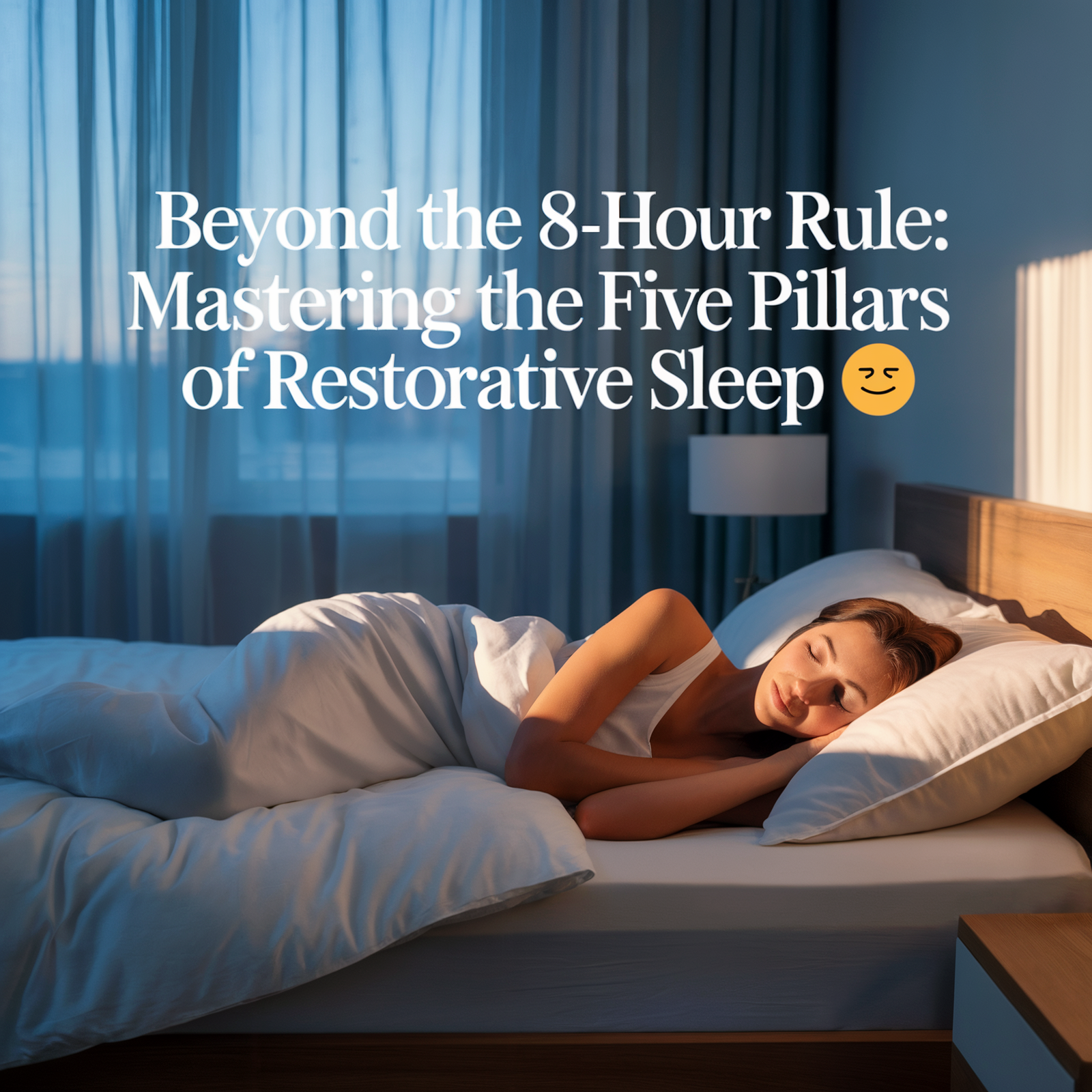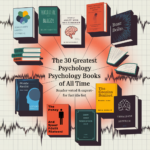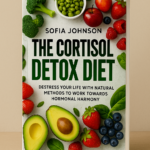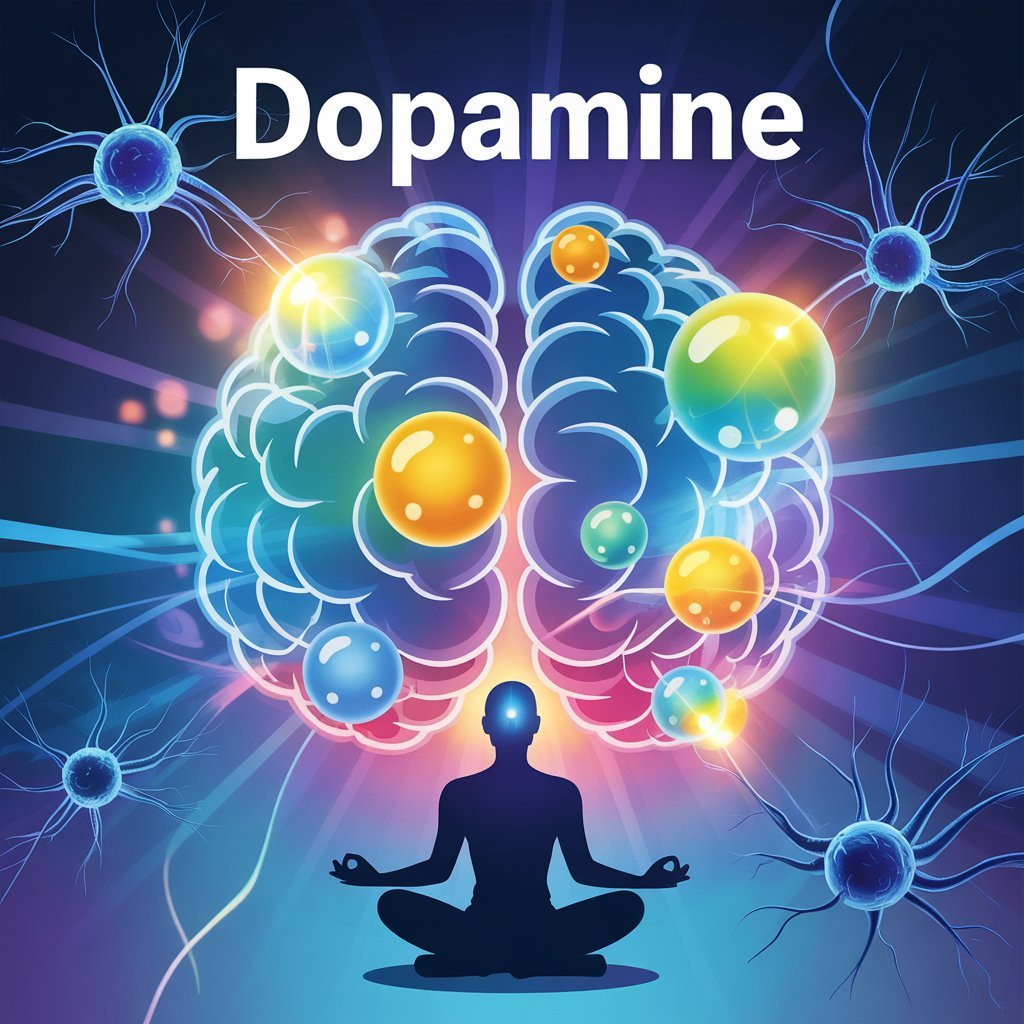We are in the grip of a silent global epidemic — one that undermines our focus, resilience, and physical health.
Thank you for reading this post, don’t forget to subscribe!For decades, we’ve been obsessed with a single metric: how long we sleep. But modern science tells us that true restorative sleep isn’t just about duration — it’s a complex, multi-dimensional process that supports every system in your body.
It’s time to move beyond simply counting hours and start mastering the five pillars of sleep health — so you can wake up every day feeling sharper, calmer, and truly restored.
💡 What Is “Sleep Health”?
The 5 Pillars of Restorative Sleep
True sleep health is built on five interconnected pillars. When balanced together, they unlock the full restorative power of sleep:
🌙 1. Duration — The Foundation
Most adults need 7–9 hours of sleep per night. Falling short consistently builds “sleep debt,” leading to fatigue, irritability, and reduced cognitive performance.
💤 2. Quality — The Refresh Factor
High-quality sleep means falling asleep easily, staying asleep, and waking up refreshed. Even if you get 8 hours, poor quality sleep leaves you groggy and unmotivated.
⏰ 3. Timing — Align with Your Rhythm
Your body follows two biological systems:
- Circadian Rhythm: Your internal 24-hour clock that controls alertness and rest.
- Homeostatic Sleep Drive: The pressure to sleep that builds while you’re awake.
🕒 Aligning your sleep with your natural rhythm — not fighting it — is the secret to waking up energized.
📅 4. Regularity — Consistency Is Power
Going to bed and waking up at the same time daily (yes, even on weekends!) stabilizes your circadian rhythm and improves sleep quality dramatically.
❤️ 5. Absence of Sleep Disorders — The Hidden Barrier
Sleep apnea, insomnia, and restless leg syndrome silently destroy the other four pillars. Identifying and treating them is essential for full-body recovery.
🧠 The Science: Circadian Rhythms & Sleep Architecture
Sleep isn’t one continuous state — it’s a biological symphony that cycles through several stages every 90–120 minutes.
| Sleep Type | Stage | Core Function |
|---|---|---|
| NREM | N1 & N2 | Transition and light sleep — vital for learning and memory consolidation. |
| NREM 3 | Deep Sleep | 💪 Physical recovery, tissue repair, and immune system restoration. |
| REM | REM Sleep | 🎨 Emotional balance, creativity, and long-term memory integration. |
When these stages are disrupted — by stress, light exposure, or irregular routines — the brain and body never reach full recovery mode.
🛑 The Cost of Poor Sleep: More Than Just Fatigue
Chronic sleep deprivation is now recognized as a modifiable risk factor for nearly every major disease.
❤️ Cardiovascular Risk: The Silent Strain
During deep sleep, your heart and blood pressure drop — a “reset mode” called nocturnal dipping.
When you don’t sleep enough, your heart stays on high alert, leading to inflammation, arterial damage, and increased risk of hypertension, heart attacks, and stroke.
🍩 Metabolic Chaos: The Hormone Imbalance
Lack of sleep wreaks havoc on your metabolism by disrupting hunger and fullness hormones:
- ⬇️ Leptin (I’m full) decreases — making you overeat.
- ⬆️ Ghrelin (I’m hungry) increases — especially cravings for sugar and carbs.
Over time, this imbalance contributes to weight gain, insulin resistance, and Type 2 Diabetes.
🌍 Sleep Through the Lens of Age and Culture
👩🎓 Adolescents
Teenagers experience a natural circadian shift, becoming night owls. Early school times force them into “social jet lag,” reducing focus and emotional regulation.
👵 Older Adults
Age often brings fragmented sleep and reduced deep sleep. Early wake-ups and more frequent awakenings are common, but often misunderstood as insomnia.
🌞 Cultural Insights
The rigid 8-hour block isn’t universal. Many societies practice biphasic sleep — like the siesta — showing that structure matters less than alignment with biological and social rhythms.
📚 Deepen Your Understanding: Your Free Expert Resource
This article provides a foundation, but mastering sleep is a journey — one that can transform not only your nights but also your days.
To support you on that path, we’ve created a comprehensive guide:
📘 Global Sleep Health: The Foundation of Well-Being
- This free ebook expands on every concept discussed here, including:
- ✨ How to perform a personal sleep audit
- 🕰 How to build a custom schedule aligned with your chronotype
- 🧬 Advanced science-backed techniques to enhance sleep quality
- 🌐 Insights from global sleep research and cultural practices
👉 [Download your free copy here] and turn your knowledge into action — one restful night at a time.
📘 Free Expert Resource
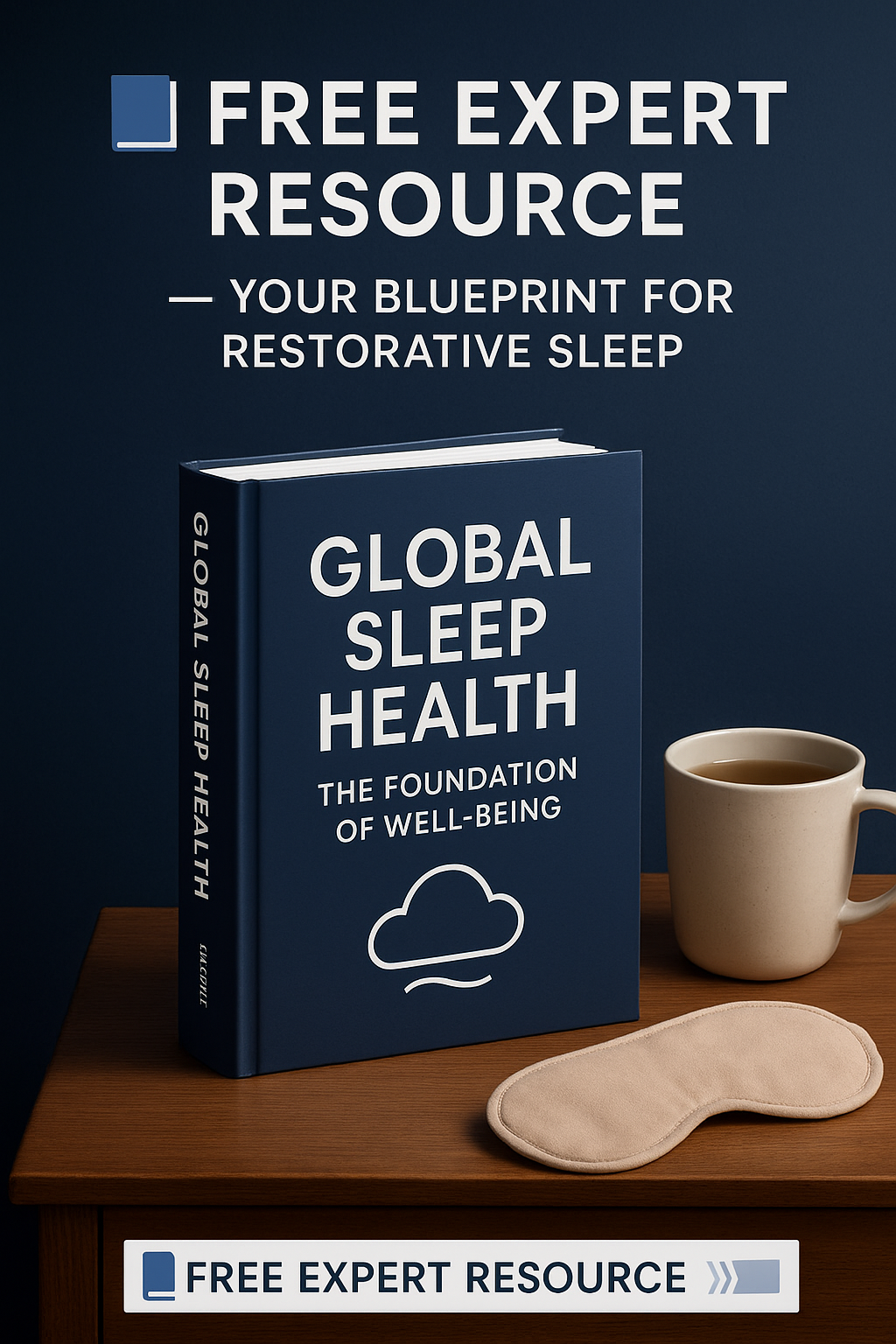
Global Sleep Health: The Foundation of Well-Being
“Your blueprint for mastering the five pillars of restorative sleep.”
👉 Download your free copy today
✅ Conclusion
Sleep is not a luxury — it’s your body’s most powerful healing tool.
By understanding and applying the Five Pillars of Restorative Sleep, you can dramatically improve your mental clarity, emotional stability, and long-term health.
🌙 Self-Check: Rate Your Sleep
Take a quick self-audit — rate each pillar from 1 to 10:
- Duration: Are you consistently sleeping 7–9 hours?
- Quality: Do you wake up feeling truly refreshed?
- Timing: Is your schedule aligned with your natural rhythm?
- Regularity: How consistent is your bedtime?
- Disorders: Are there signs of sleep disruption you’re ignoring?
Your lowest-rated pillar is your starting point toward lasting sleep transformation.
👉 For a step-by-step guide to mastering each pillar, download your free ebook — Global Sleep Health: The Foundation of Well-Being.


